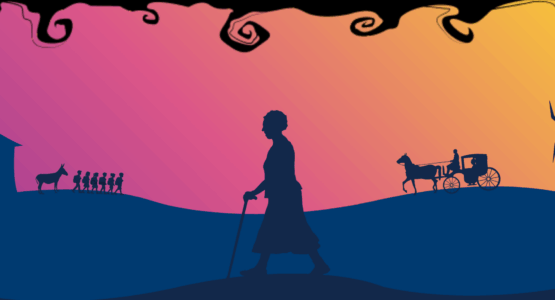Henry Choong (2015) is a recent graduate, he studied Mathematics at St John’s and also has a Systems Biology Master’s from Cambridge. He is currently ranked second in Great Britain for the modern pentathlon. Here he tells us more about the sport, his intensive training regime and his ambitions for the future.
In 1912 the founder of the modern Olympic Games, Baron Pierre de Coubertin, introduced a new sport to the Olympics. Based on the skills needed by a medieval soldier, the eclectic mix of swimming, running, shooting, fencing and horse riding were forged together to give birth to the modern pentathlon – a niche but, in my somewhat biased opinion, extremely exciting Olympic sport.
Since leaving Cambridge in 2019, I have been training full time at the pentathlon National Training Centre (NTC) in Bath, and I am ranked second in Great Britain at the moment. Watching my brother (who is currently an Olympic and World champion in pentathlon) compete around the world encouraged me to postpone starting a real career to enjoy the athlete’s lifestyle while I was still young enough.
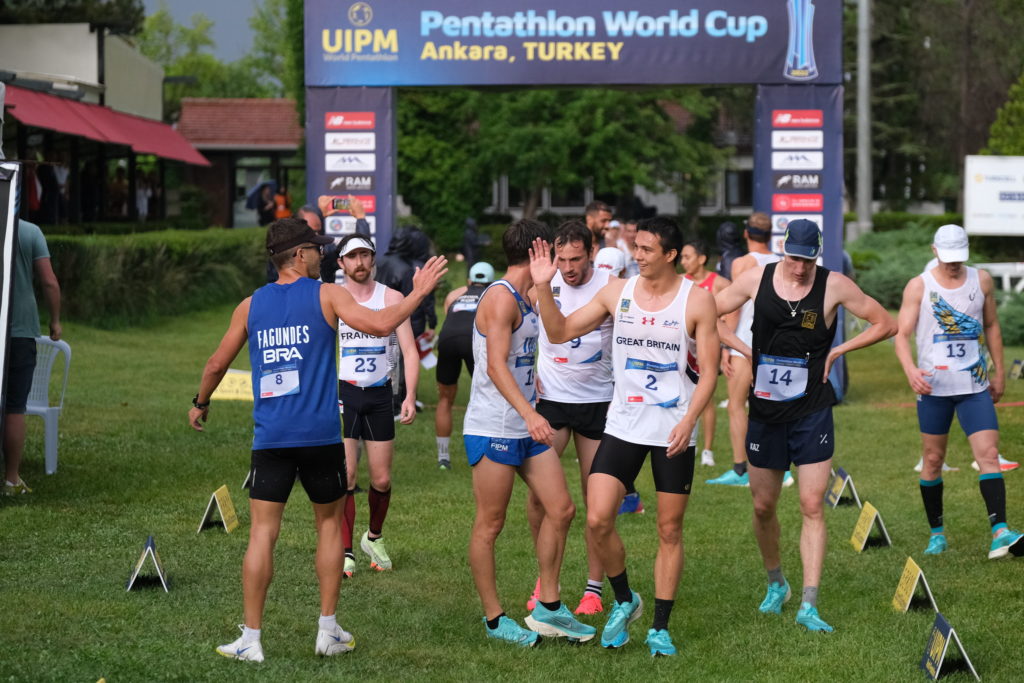
A normal training day begins with running at 9am, swimming at 10:30am, some shooting practice, and then fencing/gym/horse-riding for a couple of hours in the afternoon. We get Saturday afternoons and Sundays off for recovery, and in this time I do some maths tuition, a lot of gaming and some preparation for a ‘real career’. I would like to go into commodity trading, so I have been reading a few books about this.
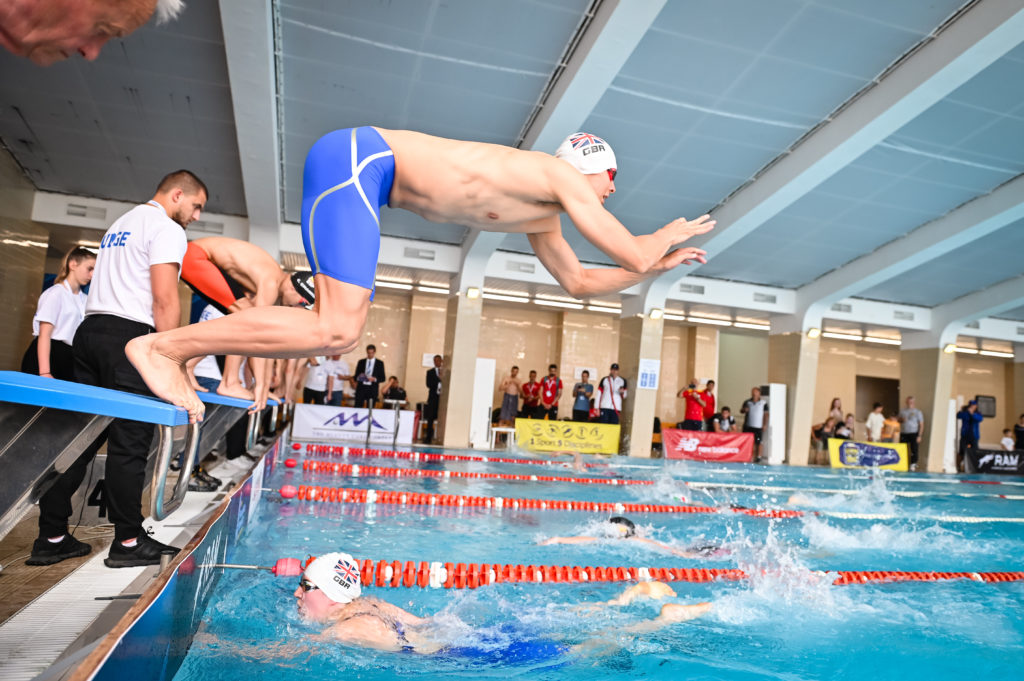
The format of pentathlon is more like a decathlon in athletics than a triathlon, with small breaks between each event. The main part of the competition now takes place in just 90 minutes. The fencing takes place a day before the rest, with each competitor doing one hit against everyone else in a round robin. The main day starts with horse-riding. Each competitor is drawn a horse and has 20 minutes to familiarise themselves with the horse before doing a show jumping course. Points are deducted for knocking over jumps, exceeding the time limit and refusals. We then move to the swimming pool for a 200 metre freestyle. 15 minutes later, we start the ‘laser run’. Imagine a winter biathlon, but with laser pistols instead of rifles and running instead of skiing. We do five laps of 600 metres and have to hit 5 targets between each lap. If this sounds too easy, we have to do all of this up to three times: 36 athletes qualify from the first round, 18 athletes remain after the semi-final and the medals are fought for in the third round.
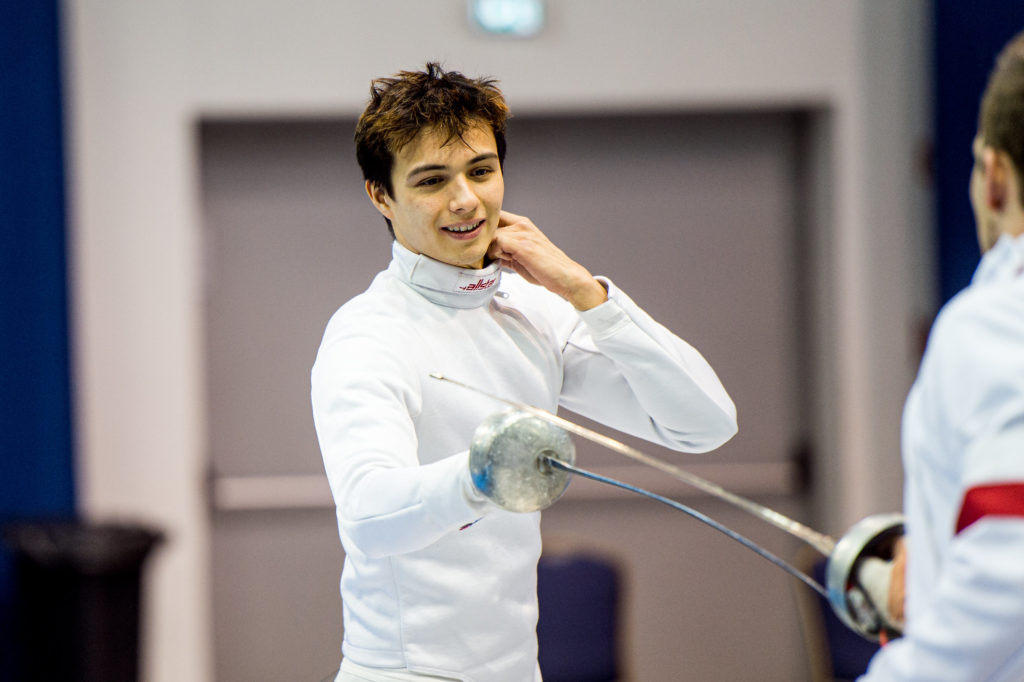
I was introduced to the sport at Whitgift, my secondary school, where one of the P.E. teachers, Kate Allenby, was an Olympic medallist in pentathlon and had created a pentathlon club. I was a strong swimmer and did well in a bleep test, so I was recruited into the club. I had a good youth career, winning the bronze medal at an Under 17 European Championships and competing at the 2014 Youth Olympics. However, after choosing Cambridge over the NTC at Bath University, I was marginalised from the GB team and took a three-year break while I studied maths.
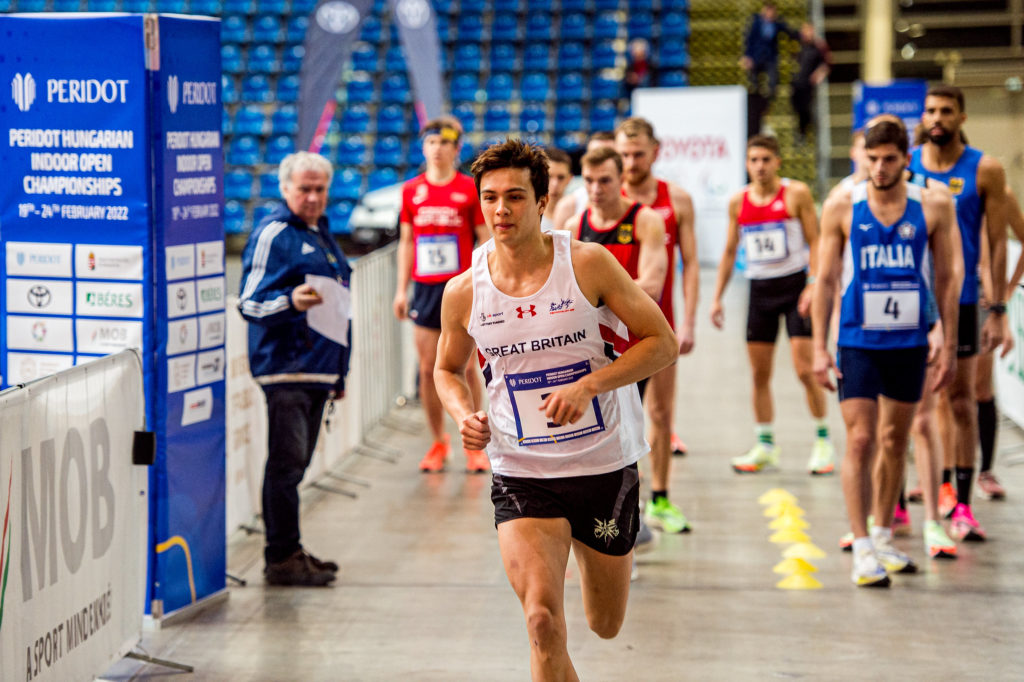
For obvious reasons, late 2019 was not a good time to start something involving lots of international travel. In my first two years at Bath, COVID-19 led to almost all competitions being cancelled. This was very demoralising; trying to train with no competition to aim for was difficult, but I struggled through it and finally in 2022 I had my chance.
Excluding the Olympics, the international pentathlon circuit has seven top-level competitions each year: four World Cups, the World Cup Final, the World Championships and the Continental (European) Championships. When I went to Bath I had no idea how I would cope having had quite a long break from the sport. Every athlete dreams of competing at the Olympics, but I did not know how realistic this would be, so I set myself smaller goals as stepping stones. My first goal was to compete in a World Cup. Finally, in March I was selected for the year’s first World Cup in Cairo. I realised that I did not just want to participate at a World Cup, but I wanted to really compete and know that I belonged at that level, so I made it my goal to qualify for the last 36 at the World Cup. I fenced poorly in qualifying, but shot well and had strong legs in the running, so I just qualified for the last 36. I was delighted to have achieved this, and even though I had dismal performance in the semi-final, I left Cairo really pleased overall.
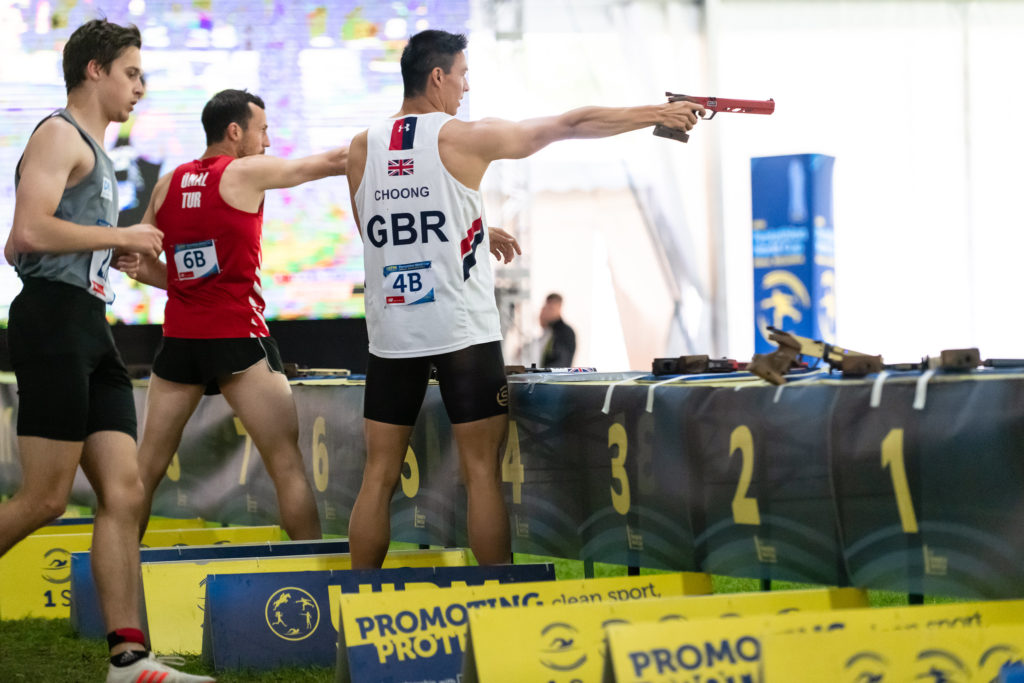
Since Cairo I have competed in two more World Cups and the World Championships, with inconsistent, mixed results. I had competitions where I qualified, some where I didn’t make it through qualifying, some with great fencing but terrible shooting and some just brilliant days.
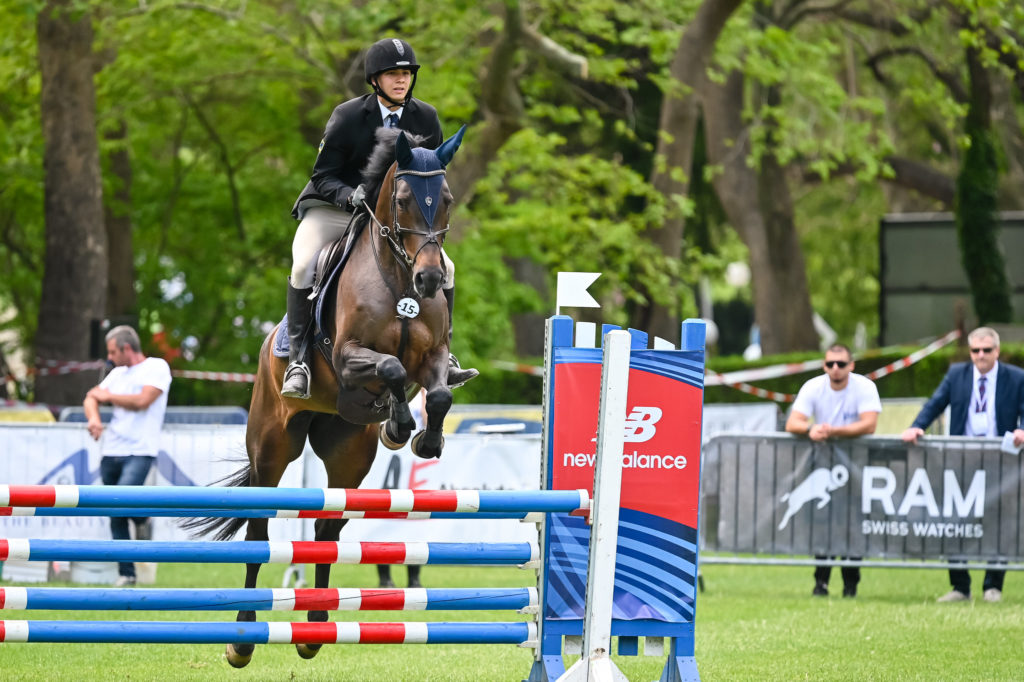
So far, I would rate my performances this year as five out of ten. I have gone from not knowing if I was good enough to compete with the best, to knowing that I can compete with them but frustrated that I have not always performed as close to my best as I would like. With Olympic qualifying taking place over the next two years, I want to use this belief in my ability to achieve more consistency, and to really challenge the top-end of the results. The European Championships in September will be my last competition of the season. This will be my first European Championships, and while I would like to make it to the final, or at least the semi-final, I mainly just want to embrace the moment and enjoy being lucky enough to travel the world doing the sport I love.


